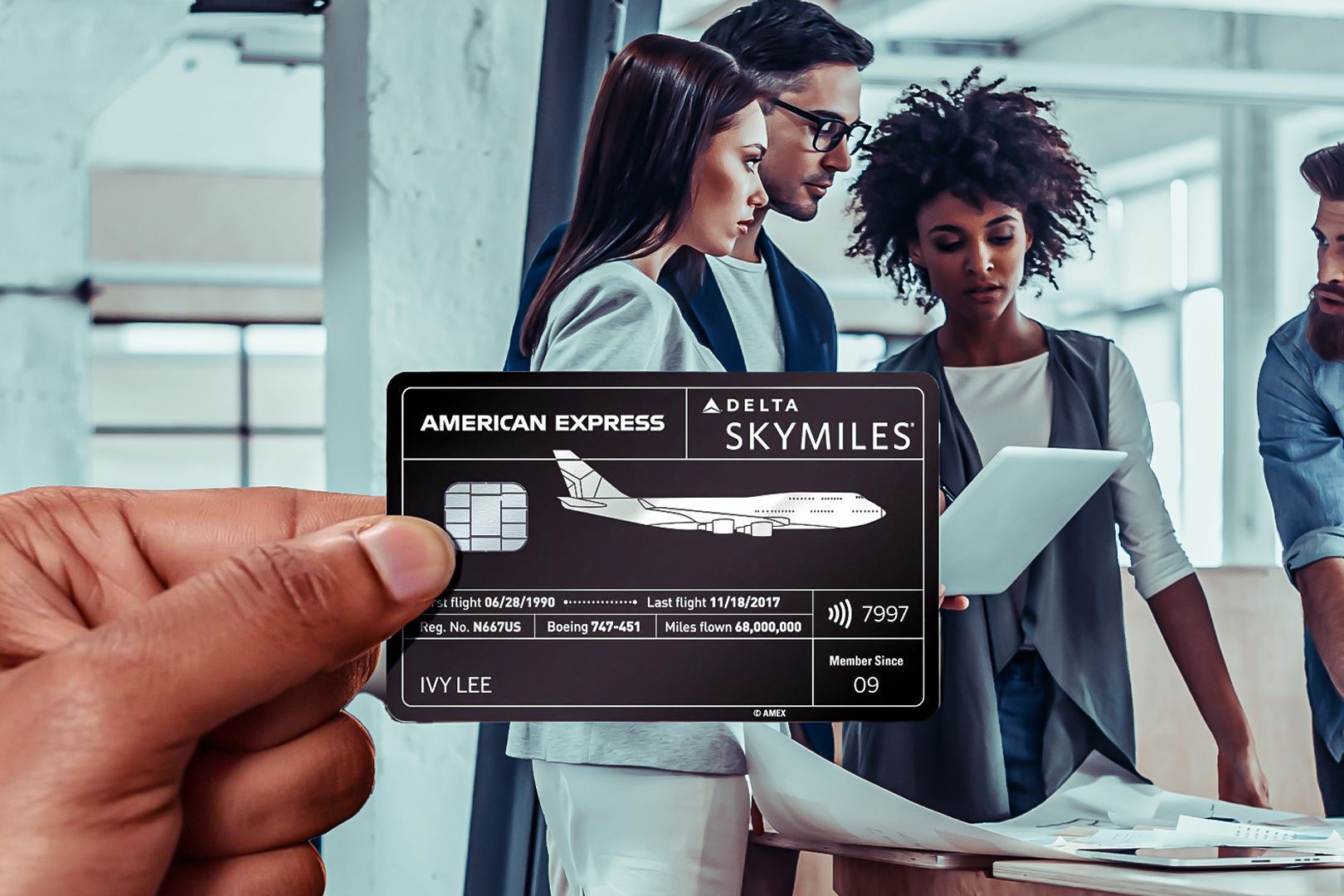Tuesday, August 27, 2024 When planning a trip, it’s easy to be enticed by the tempting allure of sale fares to far-off, exotic locations. These low-cost tickets often persuade us to finalize our travel plans and book that dream vacation. However, what seems like a great deal at first glance often comes with a hidden cost.
Once the booking is complete, we frequently find ourselves facing a barrage of extra charges. These additional fees can cover everything from cabin and checked baggage to meals, in-flight entertainment, and other essential services. In the end, the initial savings might not be as significant as we first thought, as these add-ons can quickly inflate the overall cost of the trip.

In 2010, Spirit Airlines, an ultra-low-cost carrier based in Florida, grabbed attention by becoming the first U.S. airline to impose fees for full-sized carry-on bags.
This move sparked disappointment among the airline’s loyal customers, who argued that the new charges were unwarranted. Despite the backlash, many other airlines have since adopted similar policies, and today, most ultra-low-cost carriers require passengers to pay a fee for any carry-on larger than a handbag. The rationale behind restricting carry-on baggage is straightforward: low-cost carriers offer extremely low fares and seek additional revenue through extra fees.
These ultra-low-cost carriers (ULCCs) also run on tight schedules with minimal turnaround times, prioritizing operational efficiency. When passengers bring multiple carry-on bags, it can slow down the boarding and disembarkation process, potentially leading to delays for the airline. This focus on efficiency and generating additional income is why ULCCs impose such limits on carry-on luggage.
Frontier Airlines and Allegiant Air are prime examples of U.S. carriers closely monitoring budget-conscious travelers who attempt to exceed the single personal item allowed as carry-on baggage.
Passengers who try to push the limits may face fees as high as $75. Both airlines enforce a strict policy permitting only one personal item per passenger, such as a laptop bag or purse. Any item larger than this must either be checked into the hold or be subject to an additional fee for an extra cabin bag.
Carry-on bag fees aren’t exclusive to low-cost airlines; even major carriers have adopted this practice. British Airways, for instance, introduced charges for carry-on bags with its basic economy class fare. Similarly, United Airlines, a member of the Star Alliance, imposes fees for larger carry-on bags in its basic economy class fare.
Here’s a breakdown of United’s policy: Personal Item Each passenger is allowed one personal item that must fit under the seat in front of them. Acceptable items include a shoulder bag or a laptop bag. Carry-on Baggage The Basic Economy fare does not cover carry-on bags unless you’re traveling to Canada, South America, or transatlantic or transpacific destinations.
On standard U.S. and Caribbean routes, there is a $35 fee for a carry-on bag.
If the bag is too large to fit under the seat, a last-minute checked baggage fee of $65 applies. Checked Baggage Checked baggage is included on all trans-Pacific flights, except those to China and Tahiti. For other destinations, additional fees may be required.
As mentioned earlier in this article, airlines often seek additional revenue streams to bolster their profits. However, for many traditional carriers, the decision to charge for carry-on baggage primarily stems from offering discounted tickets that come with more restrictions. Passengers who can travel light, with just a personal item like a shoulder bag, help the airline reduce the aircraft’s weight, leading to fuel savings and, ultimately, lower flight costs.
This trend is observed on both sides of the Atlantic, with European low-cost giants like Ryanair and Wizz Air closely monitoring their budget travelers and imposing fees for larger cabin bags. Another motivation for encouraging passengers to travel light is the limited space in overhead compartments, which cannot hold every passenger’s bag. When these compartments fill up, it can cause delays as flight attendants struggle to find space for the excess luggage.
Additionally, the process of gate-checking bags adds extra handling time and inconveniences for the crew, potentially impacting the airline’s ability to maintain on-time departures and arrivals. When booking your flight, the airline will clearly outline the carry-on baggage restrictions, and it’s crucial to be aware of these to avoid unexpected fees at the airport. While Spirit Airlines was the first in the U.
S. to introduce carry-on bag fees, other airlines have since adopted similar policies, particularly for basic economy fares. Simple Flying reviewed the baggage policies and costs of major North American carriers; here’s a look at the data for travel within the USA and Canada.
Airline Personal Item Carry-On Bag Checked Baggage Air Canada Complimentary Complimentary Starting from $30–$35 Alaska Airlines Complimentary Complimentary Starting from $30 Allegiant Air Complimentary Starting from $15 Starting from $20 Delta Air Lines Complimentary Complimentary Starting from $30 Frontier Airlines Complimentary Starting from $37 Starting from $34 Hawaiian Airlines Complimentary Complimentary Starting from $25 Southwest Airlines Complimentary Complimentary First two bags free Spirit Airlines Complimentary Starting from $37 Starting from $30 WestJet Complimentary Complimentary Starting from $30 Certain airlines, like Southwest Airlines, the world’s largest low-cost carrier, actively promote checking bags by offering generous allowances. Based in Dallas, Southwest is well-known for allowing paying passengers to check up to two pieces of baggage for free. This perk encourages travelers to check more of their belongings, leading to fewer items being brought into the cabin.
As a result, there is less to stow overhead, which speeds up both the boarding and disembarking processes. This efficiency allows the airline to turn around flights more quickly, keeping operations smooth and on schedule..



















